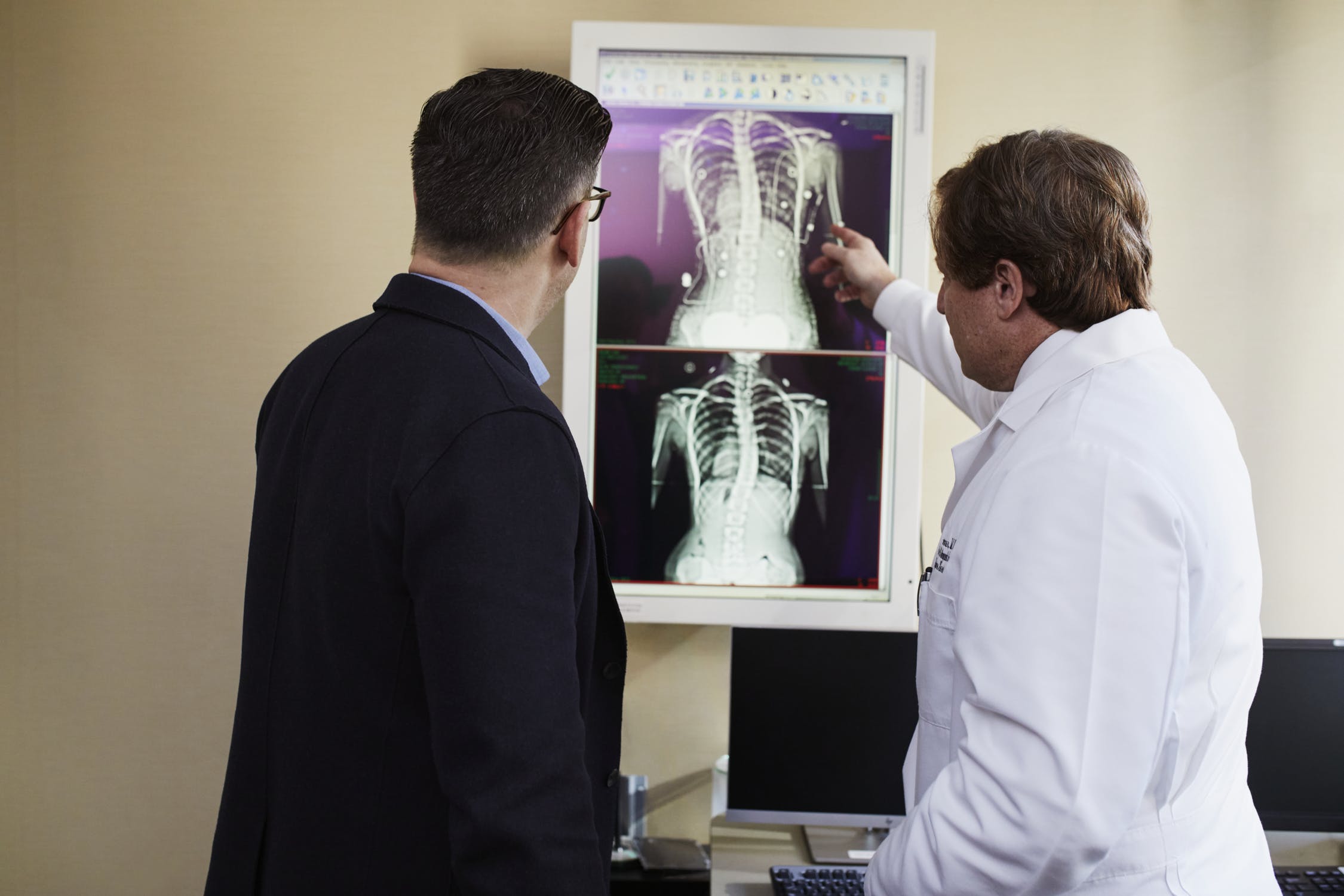Sickcare is a mess and needs help badly. Many sickcare and non-sickcare entrepreneurs think they have the solutions. Few, in fact, will get across the finish line. There are many reasons why:
- They create a product or service no one wants to buy because they did not have a complete understanding of the customers and their problem.
- They do not have a VAST business model.
- They don't have what it takes to execute.
- The organization does not have a culture of innovation.
- The employees do not have an entrepreneurial mindset.
- They think they can ask for forgiveness instead of permission in a highly regulated industry.
- They don't understand the the multisided stakeholders and the sickcare value chain and ecosystem.
- They tackle wicked problems that may, in fact, have no complete solution.
- Their solutions don't create enough user defined value to overcome the barriers to dissemination and implementation.
- They fall prey to the distraction of traction.
We need bold, big idea thinking. You want to be in the upper right quadrant of the novelty-value matrix. not a shiny solution looking for a problem.
However, there are many reasons why you should think big, start small and stay small, i.e. stay focused by increasingly making yourself disappear as you scale.
- It’s easier to test and kill the ones that aren’t working particularly if you use design thinking and lean startup customer discovery and hypothesis testing techniques.
- They are less risky and the cost of failure is less.
- It reduces change , innovation and technofatigue.
- In the highly regulated sick care industry, it is easier to ask for permission than forgiveness.
- It minimizes the distraction of traction.
- It reduces burnout.
- It forces you to more clearly define the problem, resources and stakeholder support required to be successful.
- If forces you to prune and to sunset zombie projects that are not adding user defined value.
- It extends your thinking beyond just new products to include experience and models as well.
- If forces you to ask the right questions before you add another ornament to the tree.
There is no such thing as work-like balance, only work-life tradeoffs. Geting an idea to patients is not about working more and more in your business. It takes working more working on your idea, pruning and delegating the rest.
Arlen Meyers, MD, MBA is the President and CEO of the Society of Physician Entrepreneurs on Twitter@ArlenMD and Co-editor of Digital Health Entrepreneurship.



Leave your comments
Post comment as a guest